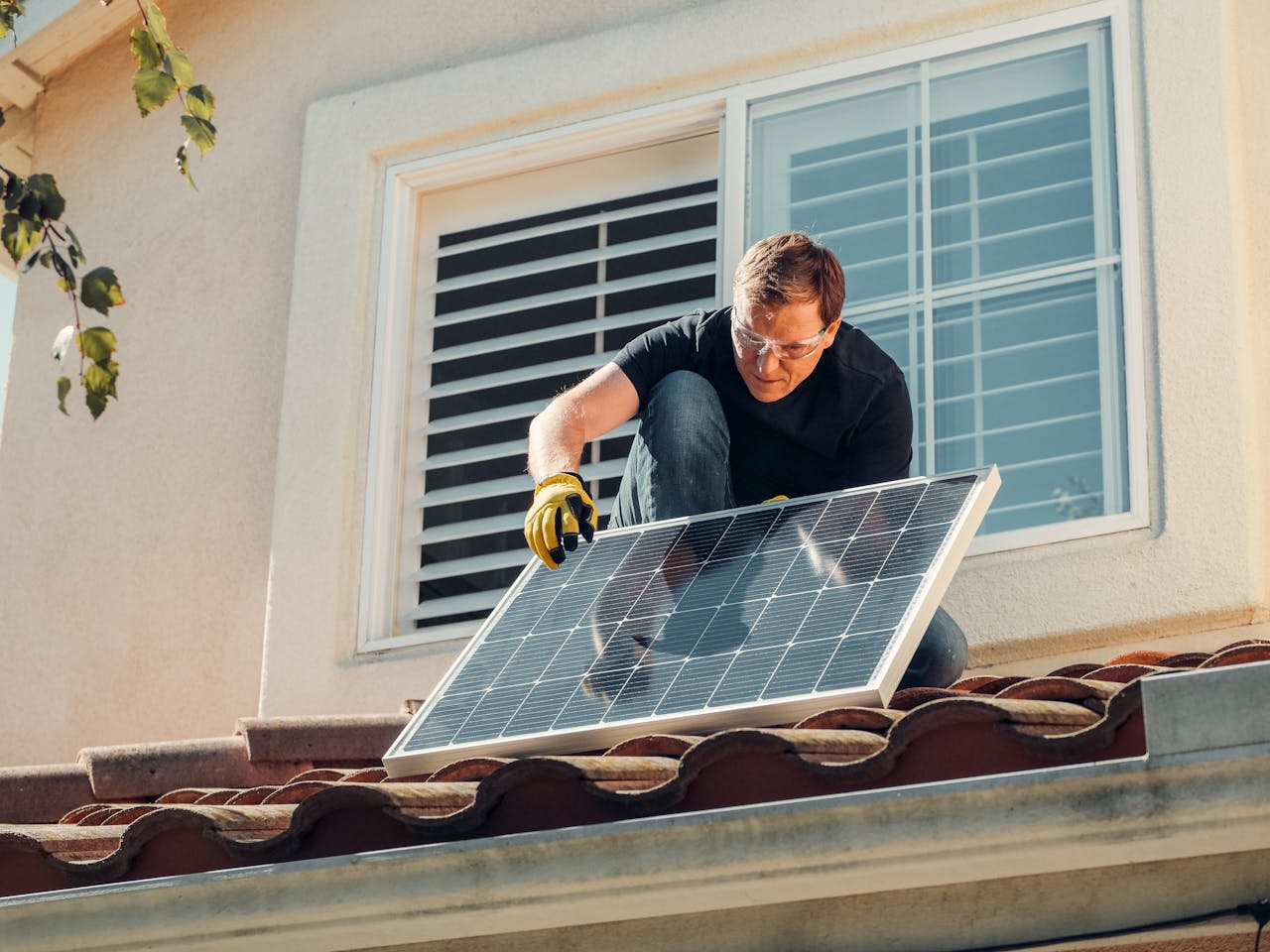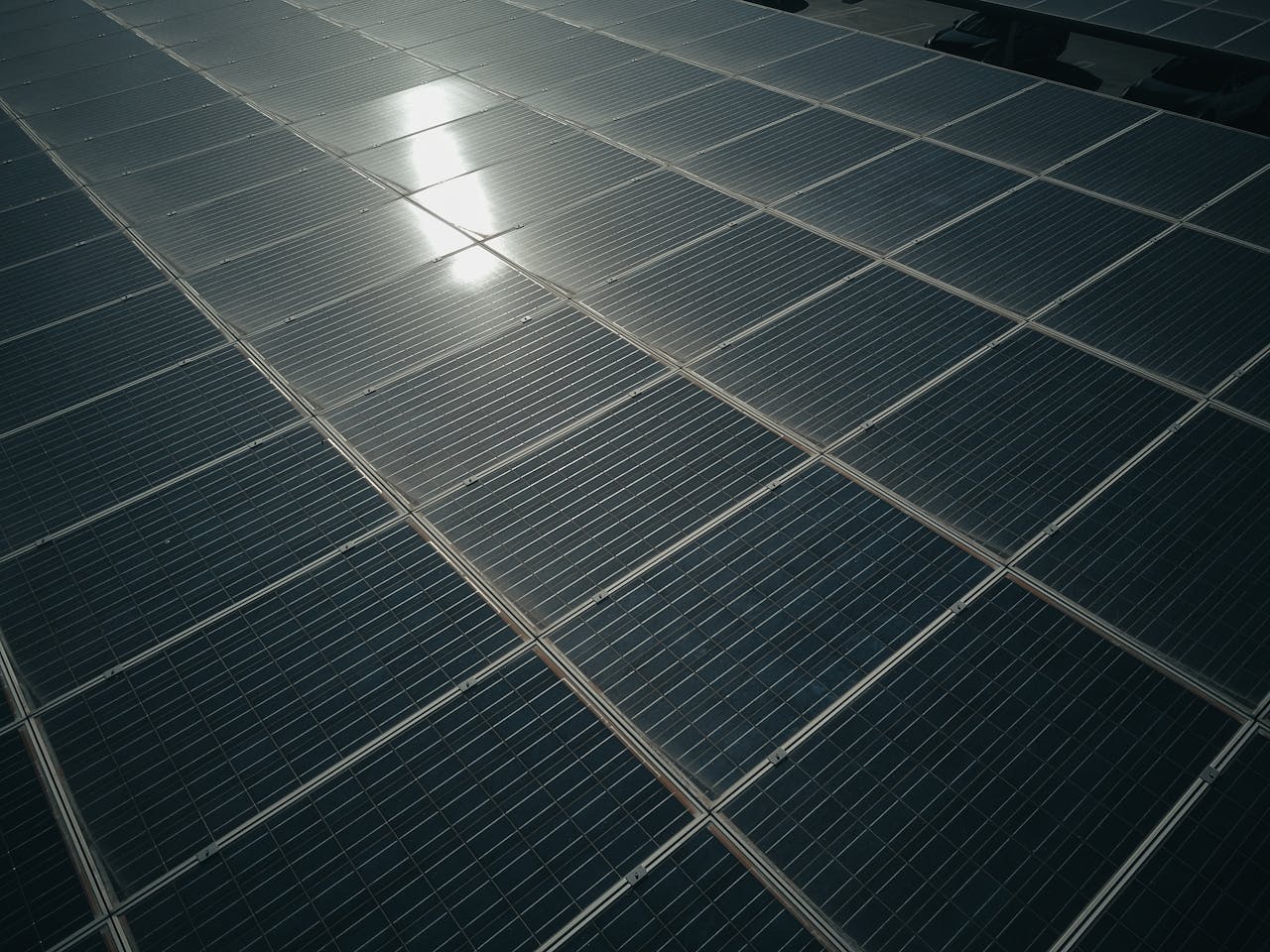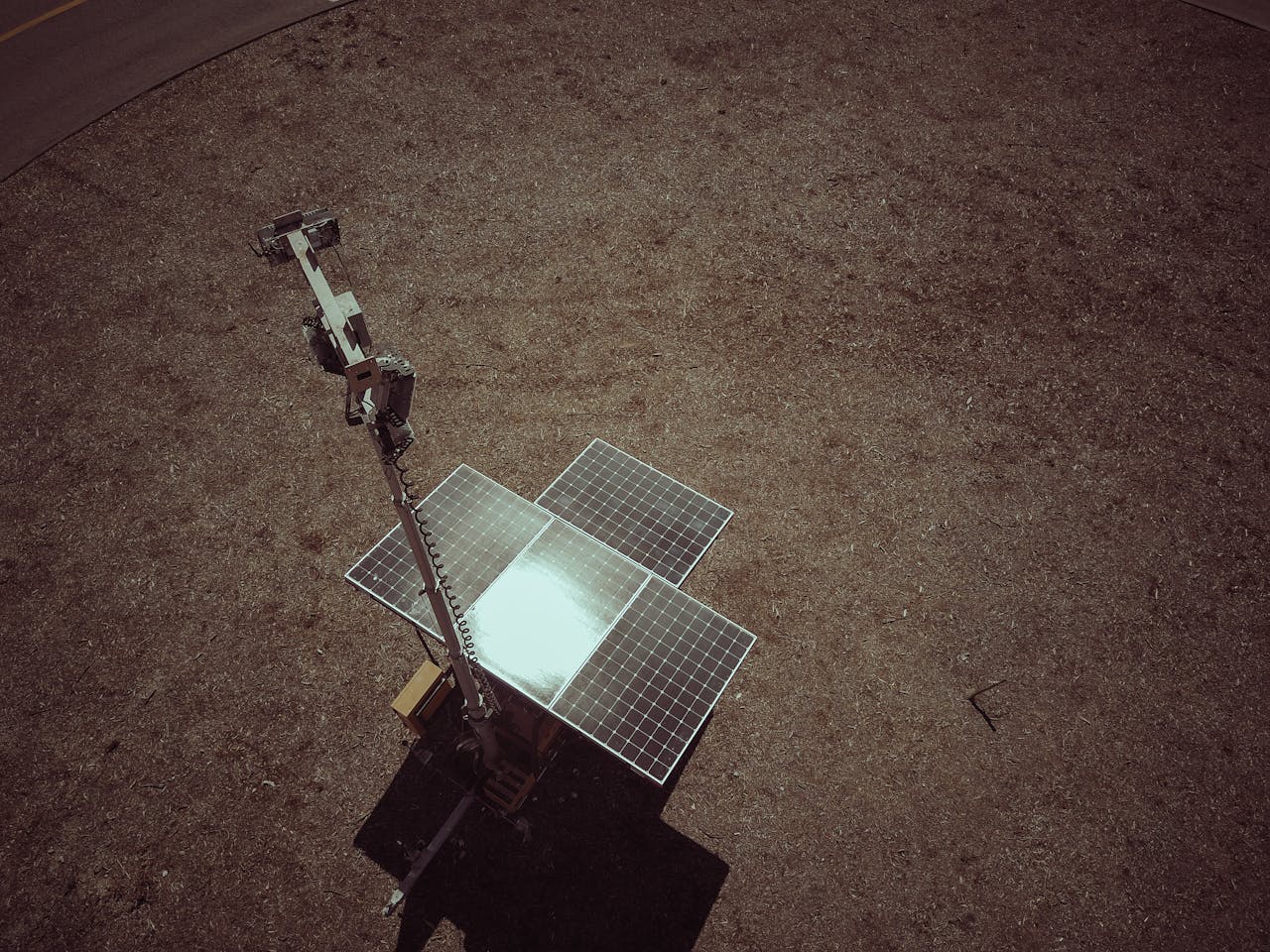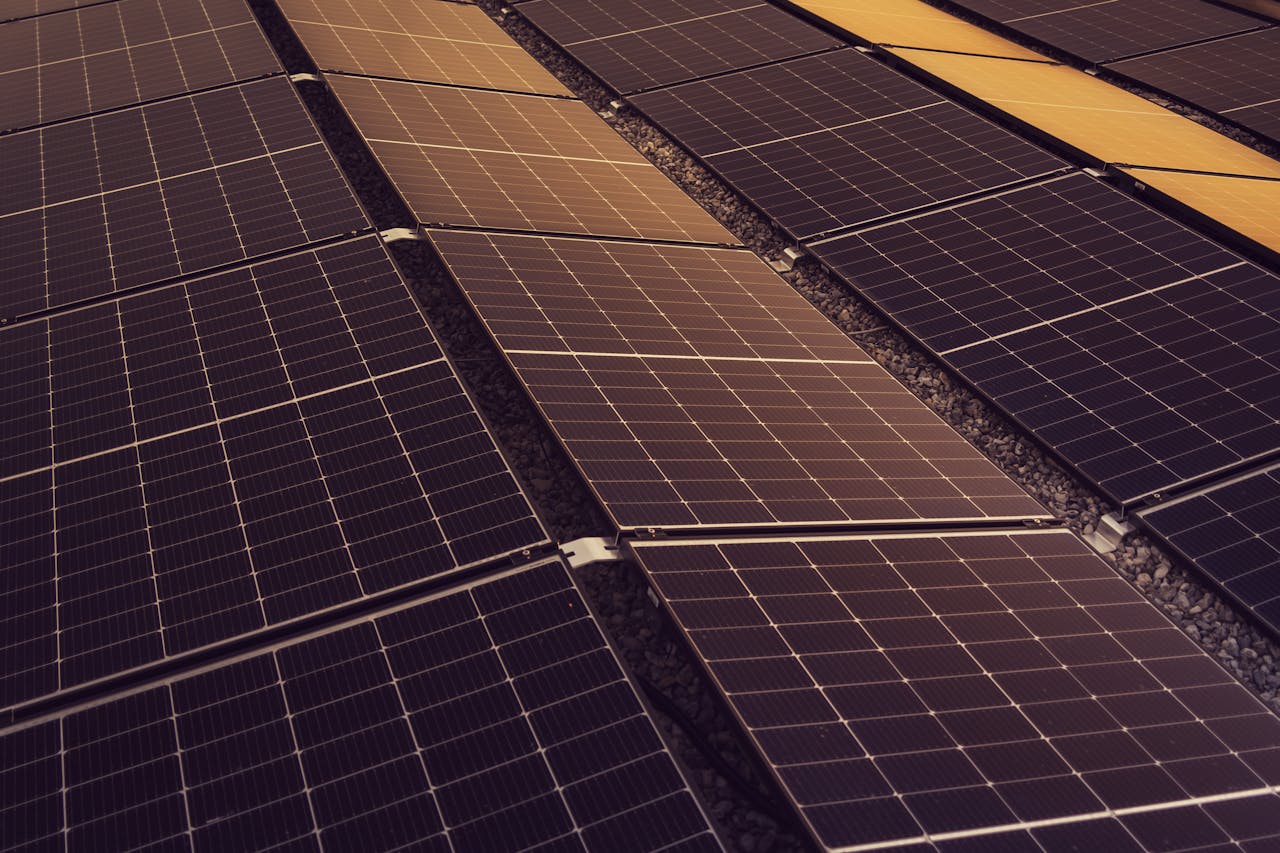Solar Panels for Home: Installation Costs, Savings, and Benefits.

Solar panels have become an increasingly popular solution for homeowners looking to reduce energy costs, embrace sustainable living, and even increase the value of their property. With technological advancements and government incentives, the barriers to installing solar panels have decreased significantly, making them a viable option for many households. In this article, we will explore the costs of solar panel installation, the potential savings they offer, and the key benefits homeowners can expect from investing in solar energy.

Installation Costs of Solar Panels for Home
The upfront cost of installing solar panels can vary widely depending on factors such as the size of the system, the type of panels used, installation complexity, and geographic location. However, the price of solar panel installations has steadily declined in recent years, making it more affordable for homeowners.
- Average Cost
In 2024, the average cost of a solar panel installation for a typical U.S. home ranges between $15,000 and $25,000 before applying federal tax credits or other incentives. This price typically includes equipment (panels, inverters, mounting systems), labor, permits, and system design. - Government Incentives
One of the most significant financial benefits of installing solar panels comes from government incentives. The federal solar tax credit (also known as the Investment Tax Credit, or ITC) allows homeowners to deduct 30% of the installation costs from their federal taxes, significantly lowering the overall price. Many states and local governments also offer additional rebates and incentives, which can further reduce installation costs. - Financing Options
To make solar more accessible, many homeowners take advantage of financing options, such as solar loans, leases, or power purchase agreements (PPAs). Solar loans allow homeowners to own their system while spreading the cost over several years. Leases and PPAs, on the other hand, provide the benefit of solar energy without the upfront cost, though the homeowner does not own the system. - Maintenance Costs
Solar panels are known for their durability, with minimal maintenance required over their 25 to 30-year lifespan. Regular cleaning to remove dirt, leaves, and debris and occasional inspections to ensure optimal performance are the most common maintenance tasks. Maintenance costs are relatively low, typically ranging from $100 to $300 annually, depending on location and service providers.

Potential Savings from Solar Panels
While the upfront costs of solar panels can seem daunting, the long-term savings they offer can more than compensate for the initial investment. Solar panels can drastically reduce, or even eliminate, your monthly electricity bills, making them a cost-effective solution over time.
- Lower Energy Bills
The most immediate benefit of installing solar panels is the reduction in electricity costs. By generating your own power, you rely less on the grid, which lowers your monthly utility bills. The amount you save depends on the size of your system, local energy rates, and your home’s energy consumption. In many cases, homeowners can reduce their electricity bills by 50% or more, and some may even achieve “net-zero” energy consumption, where the amount of energy produced equals or exceeds the amount used. - Net Metering
Many utility companies offer a program called net metering, which allows homeowners to sell excess energy generated by their solar panels back to the grid. This not only maximizes the value of your solar investment but also provides credits on your utility bill. In areas with favorable net metering policies, homeowners can significantly increase their savings by generating more electricity than they use. - Return on Investment (ROI)
The average payback period for a solar panel system is about 6 to 10 years, depending on the cost of the system and the amount of energy savings. After this period, the energy generated by your panels is essentially free, meaning that any savings on your electricity bills go directly into your pocket. Over the 25+ year lifespan of a solar system, homeowners can save tens of thousands of dollars on energy costs.

Key Benefits of Solar Panels for Home
Beyond cost savings, solar panels offer numerous other benefits that make them an attractive option for homeowners.
- Environmental Impact
One of the most significant advantages of solar energy is its positive impact on the environment. By installing solar panels, homeowners reduce their reliance on fossil fuels, which helps decrease greenhouse gas emissions. Solar energy is clean, renewable, and abundant, making it a sustainable solution for powering homes while minimizing carbon footprints. - Energy Independence
With solar panels, homeowners gain greater control over their energy supply. By generating your own electricity, you become less dependent on the local utility company and can protect yourself from rising energy costs. In some cases, pairing solar panels with a battery storage system allows you to store excess energy for use during power outages or at night, further increasing your home’s energy independence. - Increase in Home Value
Solar panels can also enhance the resale value of your property. Studies have shown that homes equipped with solar panels tend to sell for more than comparable homes without them. Buyers are increasingly recognizing the value of energy-efficient features, and having a solar system in place can make your home more attractive in the real estate market. Additionally, homes with solar panels often sell faster than those without. - Long-Term Reliability
Solar panels are highly reliable and have a long lifespan, often lasting 25 to 30 years with minimal degradation in efficiency. Most manufacturers offer warranties that guarantee the performance of the panels for decades, providing peace of mind to homeowners. This long-term reliability means that, once installed, solar panels will provide consistent energy savings and environmental benefits for years to come.
Conclusion
Solar panels for home are not only an eco-friendly choice but also a smart financial investment. While the initial installation costs may seem significant, the long-term savings on energy bills, potential income from net metering, and government incentives make solar panels an affordable and cost-effective option for homeowners. Additionally, the environmental benefits, increased property value, and energy independence that come with solar energy make it an attractive solution for those looking to reduce their carbon footprint and embrace sustainable living. Whether you’re looking to lower your energy costs or make a positive environmental impact, solar panels are a worthwhile investment for the future.

